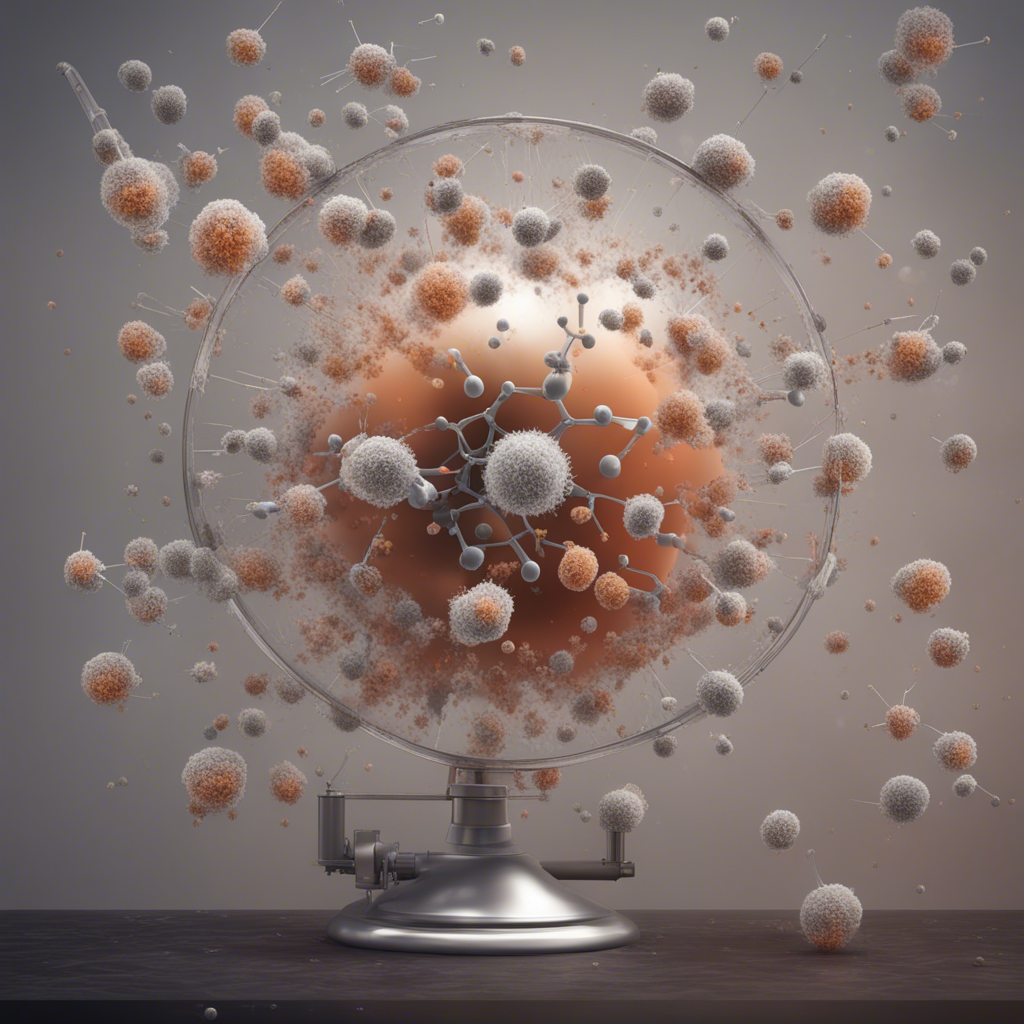
The Role of Biotechnology in the Fight Against COVID-19
The COVID-19 pandemic has taken the world by storm, affecting millions of individuals and causing significant disruptions across various sectors. In the face of this global health crisis, biotechnology has emerged as a crucial player in the fight against the virus. With its ability to rapidly develop vaccines, diagnostic tools, and therapeutic treatments, biotechnology holds immense potential in combating the impact of COVID-19. In this blog post, we will explore the pivotal role of biotechnology in the battle against the pandemic, discussing its applications, advancements, and future prospects.
Understanding Biotechnology
To fully grasp the significance of biotechnology in the fight against COVID-19, it is essential to understand what biotechnology entails. Biotechnology involves the use of living organisms, or parts of organisms, to develop technologies and products that improve human health and the overall quality of life. This interdisciplinary field draws upon various scientific disciplines, including biology, genetics, microbiology, biochemistry, and engineering.
Biotechnology in Vaccine Development
Vaccines are critical in preventing the spread of infectious diseases, and biotechnology has played a vital role in their development. Traditional vaccine development methods often rely on using inactivated or weakened forms of the pathogen to stimulate an immune response. However, biotechnology has revolutionized this process by introducing novel techniques such as recombinant DNA technology and viral vectors.
Recombinant DNA technology involves inserting a gene or genes from the target pathogen into a vector, such as a harmless virus or bacterial plasmid. This recombinant vector is then used to deliver the viral or bacterial protein to the body, triggering an immune response without causing illness. Moderna and Pfizer-BioNTech’s COVID-19 vaccines, both authorized for emergency use, utilize mRNA technology, a type of recombinant DNA technology, to produce viral spike proteins that stimulate an immune response.
Viral vectors, on the other hand, involve genetically modifying a harmless virus to include genes from the target pathogen. These modified viruses deliver the genetic material to the body’s cells, stimulating an immune response. The Oxford-AstraZeneca COVID-19 vaccine uses a viral vector derived from a chimpanzee adenovirus to deliver the genetic instructions for the SARS-CoV-2 spike protein.
Biotechnology in Diagnostic Tools
Accurate and rapid diagnostics are fundamental in identifying and controlling the spread of infectious diseases. Biotechnology has significantly contributed to the development of innovative diagnostic tools for COVID-19, including polymerase chain reaction (PCR) tests, antigen tests, and antibody tests.
PCR tests detect the presence of the viral genetic material by amplifying it using a technique called polymerase chain reaction. This testing method, widely employed to diagnose COVID-19, relies on biotechnological advancements in DNA amplification and detection.
Antigen tests detect specific viral proteins present in the body. This technique involves developing monoclonal antibodies that bind to the target antigen, allowing for rapid identification of infected individuals. The availability of these tests has been paramount in broadening testing capabilities and prompt identification of COVID-19 cases.
Antibody tests, also known as serology tests, detect the presence of antibodies generated by the immune system in response to a previous infection or vaccination. These tests have helped researchers and healthcare professionals study the prevalence of the virus in populations and determine the level of immunity in individuals.
Biotechnology in Therapeutic Treatments
Developing effective treatments for COVID-19 has been a major focus of biotechnological research. From repurposing existing drugs to developing new therapeutic approaches, biotechnology has contributed significantly to the development of potential treatments for the disease.
Monoclonal antibodies, for instance, have shown promise in treating COVID-19 patients. These laboratory-produced antibodies mimic the natural antibodies generated by the immune system and can recognize and neutralize the virus. Regeneron’s monoclonal antibody cocktail, authorized for emergency use, has demonstrated the ability to reduce viral load and hospitalizations in high-risk individuals.
Additionally, biotechnology has played a pivotal role in the development of mRNA-based therapeutics. As mentioned earlier, the mRNA technology used in COVID-19 vaccines has opened new avenues for therapeutic treatments. Companies like Moderna and BioNTech are exploring the potential of mRNA technology in developing treatments specifically targeting the virus’s replication and infection mechanisms.
Future Prospects and Challenges
As we navigate through the pandemic, biotechnology continues to offer promising prospects for an improved response to COVID-19 and future infectious diseases. The advancements made in vaccine development, diagnostic tools, and therapeutic treatments pave the way for more effective and targeted approaches.
However, the rapid development and deployment of biotechnological solutions pose challenges as well. Ensuring safety and efficacy, scaling up production, and addressing distribution logistics are crucial for realizing the full potential of these technologies. Collaboration between governments, regulatory bodies, research institutions, and biotechnology companies is essential to overcome these challenges and maximize the impact of biotechnology in the ongoing fight against the pandemic.
In conclusion, biotechnology plays a critical role in the fight against COVID-19. By harnessing the power of living organisms, biotechnologists have developed innovative vaccines, diagnostic tools, and therapeutic treatments to tackle the virus. As the world continues to combat the pandemic, ongoing research, collaboration, and advancements in biotechnology hold tremendous potential for finding effective solutions to mitigate the impact of COVID-19 and future infectious diseases.
Note: This blog post is for informational purposes only and does not constitute medical advice. Please consult with healthcare professionals for personalized guidance and information related to COVID-19.






